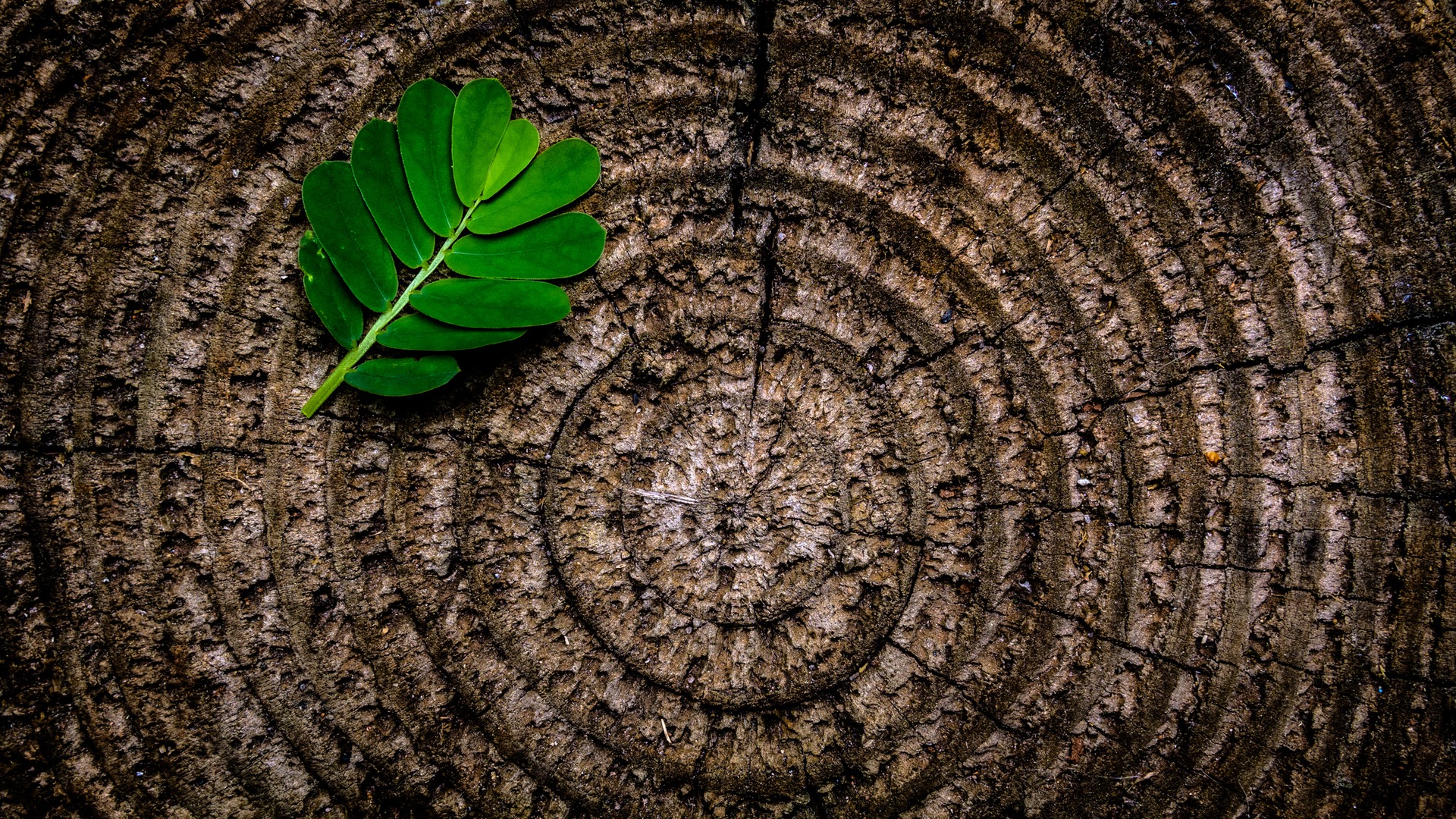 Photo from Pexels
Photo from Pexels Parashat B’shalach (Exodus 13:17-17:16)
“In that hour the ministering angels wished to utter the song [of praise] before the Holy One, blessed be He, but He rebuked them, saying: My handiwork [the Egyptians] is drowning in the sea; would you utter song before me!”
— Babylonian Talmud, Sanhedrin 39b
This week’s Torah portion contains one of the most powerful — and ethically challenging — teachings in the Torah as the Hebrews cross the Sea of Reeds, to be followed by the Egyptians, who are drowned. Jews are taught not to take joy in the pain of others. This is especially true when it is the pain of our enemies. The Bible and Talmud are full of remonstrations against this practice, and yet, sometimes it is all too easy to succumb to our yetzer hara (evil inclination) and do just that.
I will always retain the sad memory of walking into a cigar lounge in 2014, and hearing many of the people there cheering as they watched CNN. I thought it must be some sporting event; instead they were watching the destruction of a terror tunnel into Israel, and the people were cheering at the death of the Palestinian terrorists.
Dozens of parents had just lost their children, siblings had lost their brothers, and children had lost their fathers, and we could be assured that they all would hate Israel forever. In my mind, there was nothing to celebrate. Remembering the teaching of how God chastised the angels when they started to celebrate the death of the Egyptians at the Sea of Reeds, I accepted that it was necessary to destroy the tunnels, but simply wrong to celebrate the agony of others. Pharaoh, those terrorists and other adversaries are not our “enemies.” Rather they are adversaries that need to be defeated — but still respected as creations of God.
It is an important Jewish understanding — and particularly important now — that we don’t need to polarize our world even more by viewing the world through the lens of “enemies,” but instead respect all of life strongly enough that we work to change those adversaries into friends.
It seems that almost daily we read about incidents of hate around this country, from both sides of the political aisle. Instead of the healthy debate that is illustrated throughout the Talmud by our Sages, we see conservatives and liberals viewing the “other” not as wrong, but as evil. Each side seems to revel in any shortcoming by the other. History has shown repeatedly that if we continue down this path of celebrating the pain of our adversary, it leads only to a mutual pain for everyone involved.
So how can we regain a healthy and respectful dialogue with those whom we oppose? How can we learn to do what we believe we must without sacrificing our Jewish essence?
One of the many answers that our tradition teaches can be found in the holiday of this weekend, Tu B’Shevat. As we remember the goodness of God’s creations, as we celebrate the gifts that God has given to all of us no matter what our beliefs, our Sages teach that it can influence our behavior to embrace our personal differences and respect every other human. The celebration of nature has the potential to lead us to understanding. In nature, we find a balance that we can emulate in our interpersonal relationships.
There is an ancient text, “Perek Shirah” (Chapter of Song), that reminds us to treasure all of nature, and as a byproduct, to treasure all others, even if we disagree with them. It includes prayers about all aspects of nature — from the elements to plants to animals — and teaches us that when we really appreciate these Divine gifts, we change how we act with others. The idea is simple: bring balance and harmony to every relationship in nature, including between your friend and foe, and the benefits will extend from this world to the next.
As the political climate becomes polarized and it is difficult to stay centered, it is incumbent upon us to remember this Jewish teaching. Let us not only celebrate this magnificent holiday of Tu B’Shevat, but return to nature and appreciate the gifts that God has given us all. Maybe then we can bring real harmony into the world.
My prayer for all of us is to appreciate the divine gifts of life, including the disagreements we have with other people, and to use these disagreements as bridges to understanding and respecting one another — making adversaries into friends and remembering that we are all children of the same God.




















 More news and opinions than at a Shabbat dinner, right in your inbox.
More news and opinions than at a Shabbat dinner, right in your inbox.